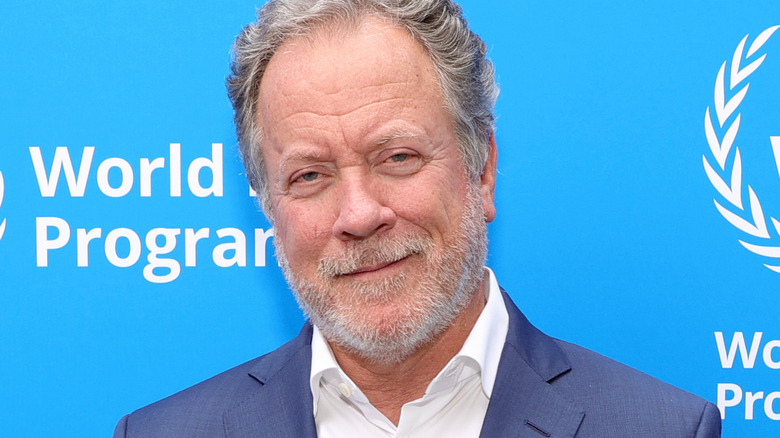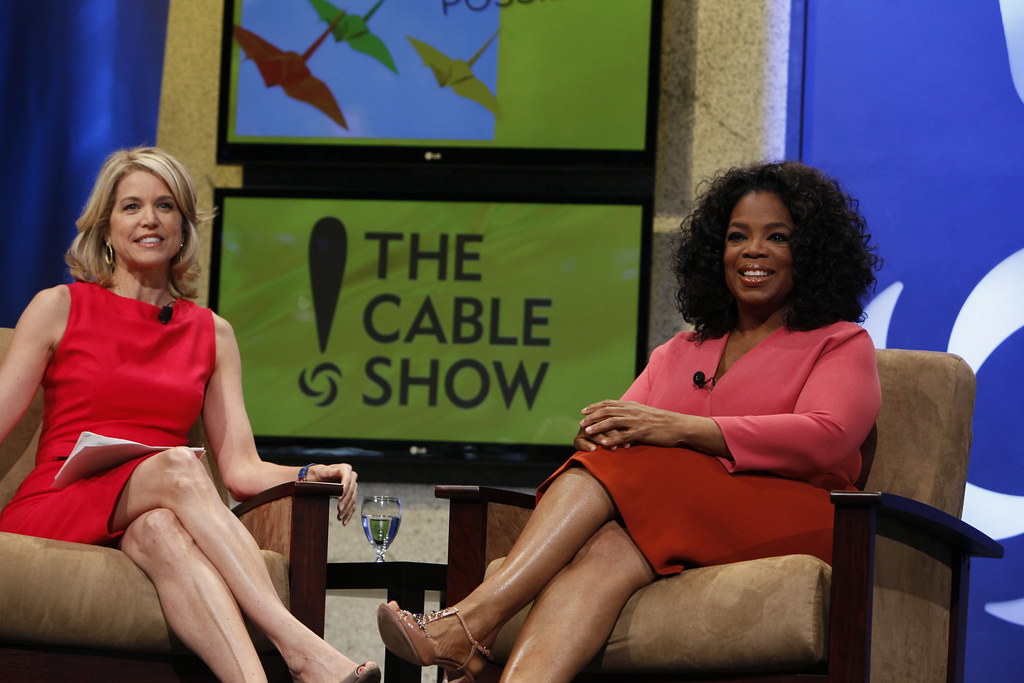
The scale of global hunger presents a stark and urgent challenge to humanity. In recent years, the situation has worsened, driven by a “perfect storm of conflict, climate change, and COVID,” according to the director of the United Nations World Food Programme (WFP), David Beasley.
Facing this escalating crisis, the WFP made a direct appeal to some of the world’s wealthiest individuals. Beasley specifically called upon billionaires like Elon Musk and Jeff Bezos, whose fortunes had seen significant increases during the pandemic, to contribute a fraction of their immense wealth.
In a CNN interview that aired in late October 2021, Beasley articulated the critical need. He stated plainly that “$6 billion to help 42 million people that are literally going to die if we don’t reach them” was required on “a one-time basis.” Governments, he noted, were “tapped out,” emphasizing that this was the moment for billionaires to step up.
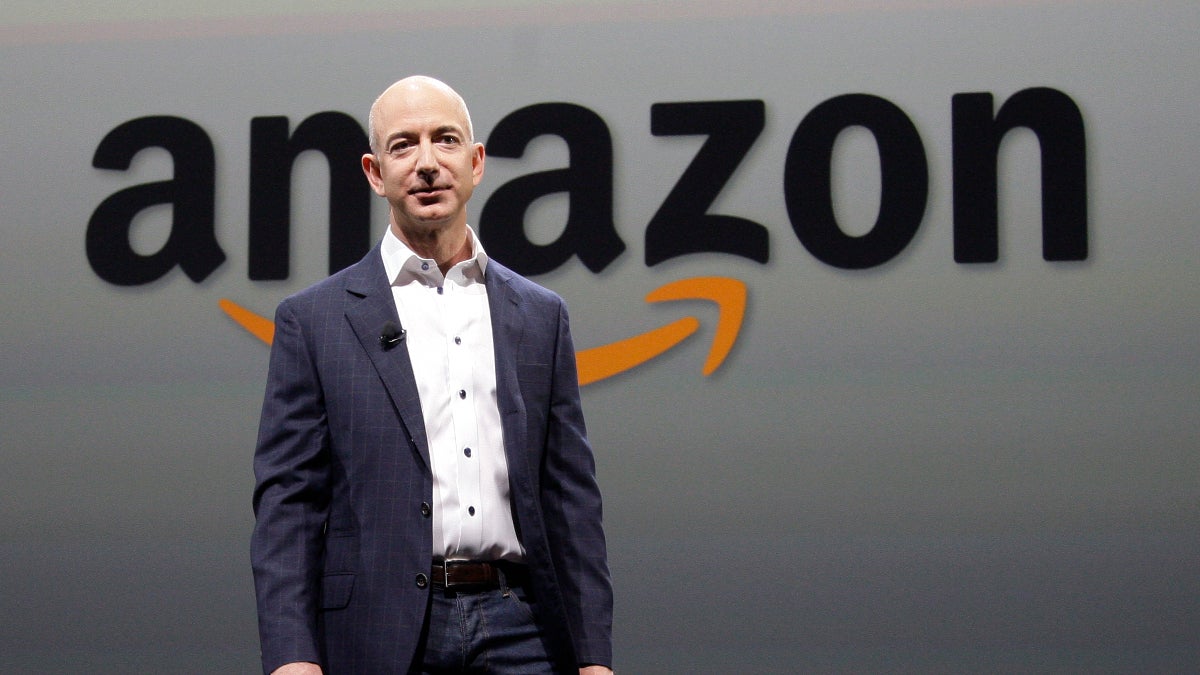
He highlighted the staggering increase in wealth among the ultra-rich. Beasley pointed out that Bezos, the founder of Amazon, had seen his net worth rise by far more than $6 billion during the coronavirus pandemic. Similarly, Musk, the CEO of Tesla and SpaceX, had experienced a net-worth increase of $6 billion in just a single day.
As of the time these calls were being made, Forbes estimated Musk’s net worth at $253.8 billion and Bezos’ at $196.1 billion. Their wealth was largely tied to their ownership of shares in the companies they founded, as evidenced by events like Tesla’s stock surge adding tens of billions to Musk’s net worth on news of a large vehicle order.
Beasley underscored the relative insignificance of the requested amount compared to these fortunes. He noted that the top 400 billionaires in the United States alone had seen a net-worth increase of $1.8 trillion in the past year. The $6 billion request amounted to just “.36% of your net-worth increase,” he told CNN.
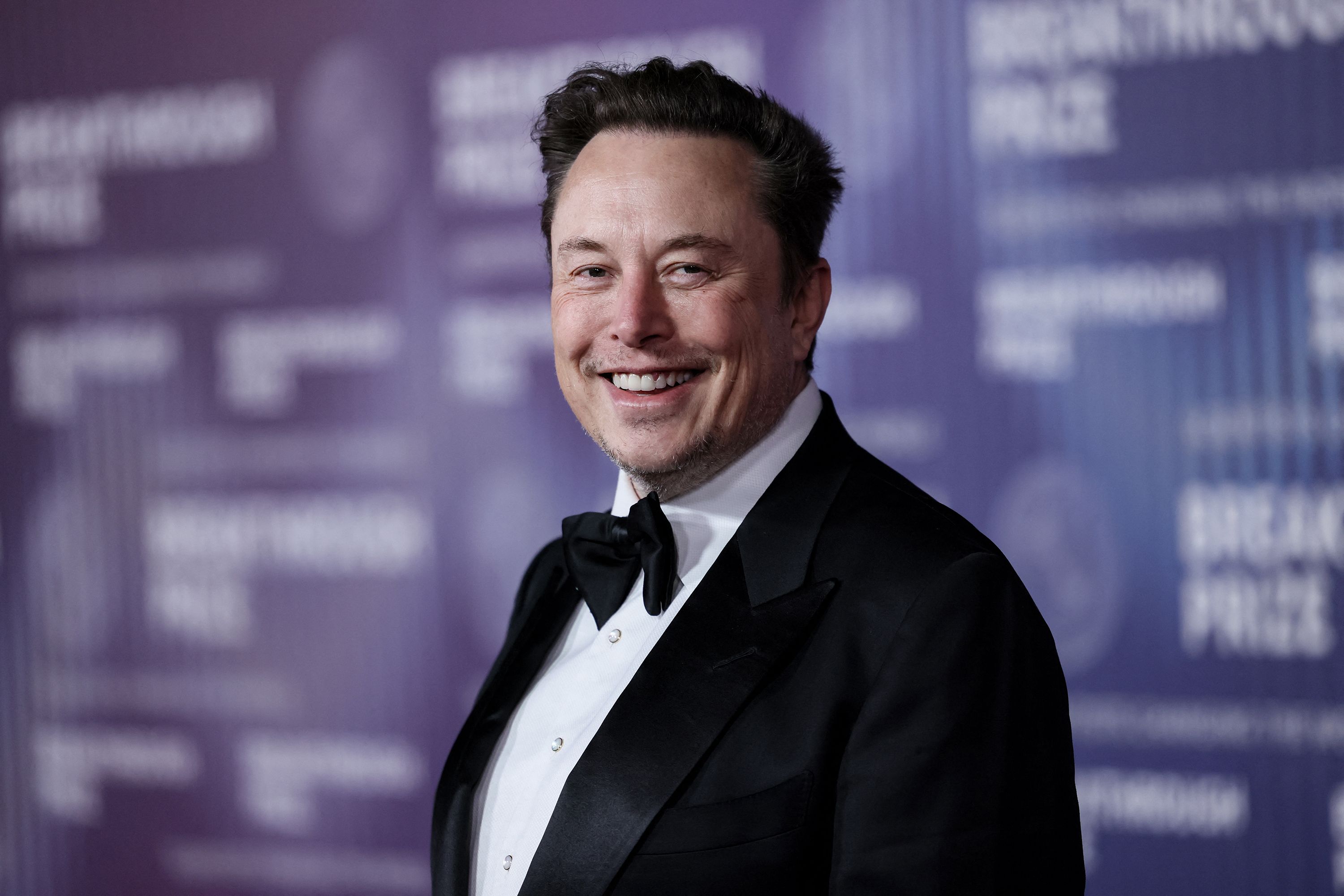
The WFP director stressed the simplicity of the request and the solution. “$6 billion to help 42 million people that are literally going to die if we don’t reach them. It’s not complicated,” he reiterated. He framed it as a temporary measure to avert catastrophe: “I’m not asking them to do this every day, every week, every year.”
He made a personal plea, urging the billionaires to empathize with the suffering. “what if it was your daughter starving to death? What if it was your family starving to death?” he asked, imploring them to “Wake up, smell the coffee and help.” Beasley even offered to take any interested billionaire on a trip to witness “the reality” of the crisis firsthand.
The WFP’s call was not just a quiet request; it was, at times, a direct challenge. In a tweet tagging Musk around the same time, Beasley wrote: “Congratulations to @elonmusk for passing up @JeffBezos as the world’s richest person — worth a whopping $221B! Elon, to celebrate I’m offering you a once in a lifetime opportunity: help us save 42M people from starvation for just $6.6B!!”
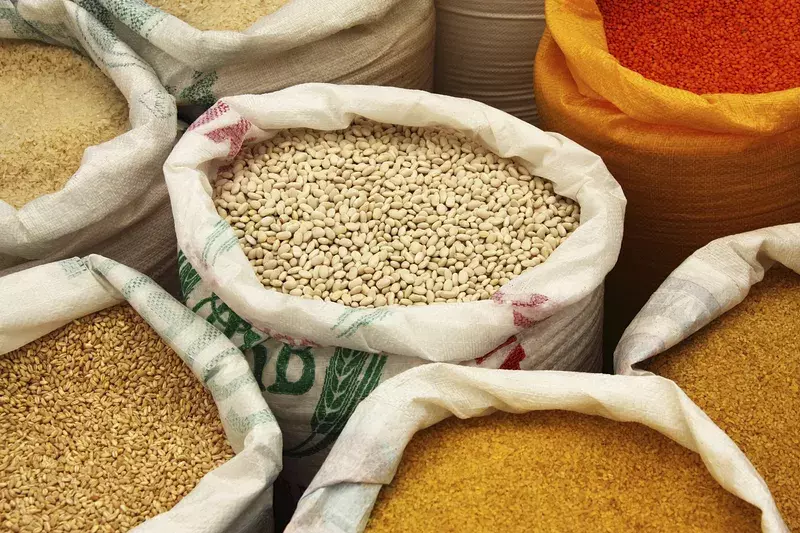
The urgency of the situation was undeniable. A UN report released in May 2020 indicated that at least 155 million people faced crisis levels of food insecurity. Beasley specified that 42 million people were at “level four” of the Integrated Food Security Phase Classification, the second-most-dire status, meaning they were “knocking on famine’s door.”
Elon Musk responded publicly to Beasley’s challenge via Twitter. In a reply to a tweet about Beasley’s remark, Musk stated that he would donate $6 billion, which represented about 2 percent of his net worth at the time, under a specific condition.
“If WFP can describe on this Twitter thread exactly how $6B will solve world hunger, I will sell Tesla stock right now and do it,” Musk tweeted. He added a further stipulation: “But it must be open source accounting, so the public sees precisely how the money is spent.”
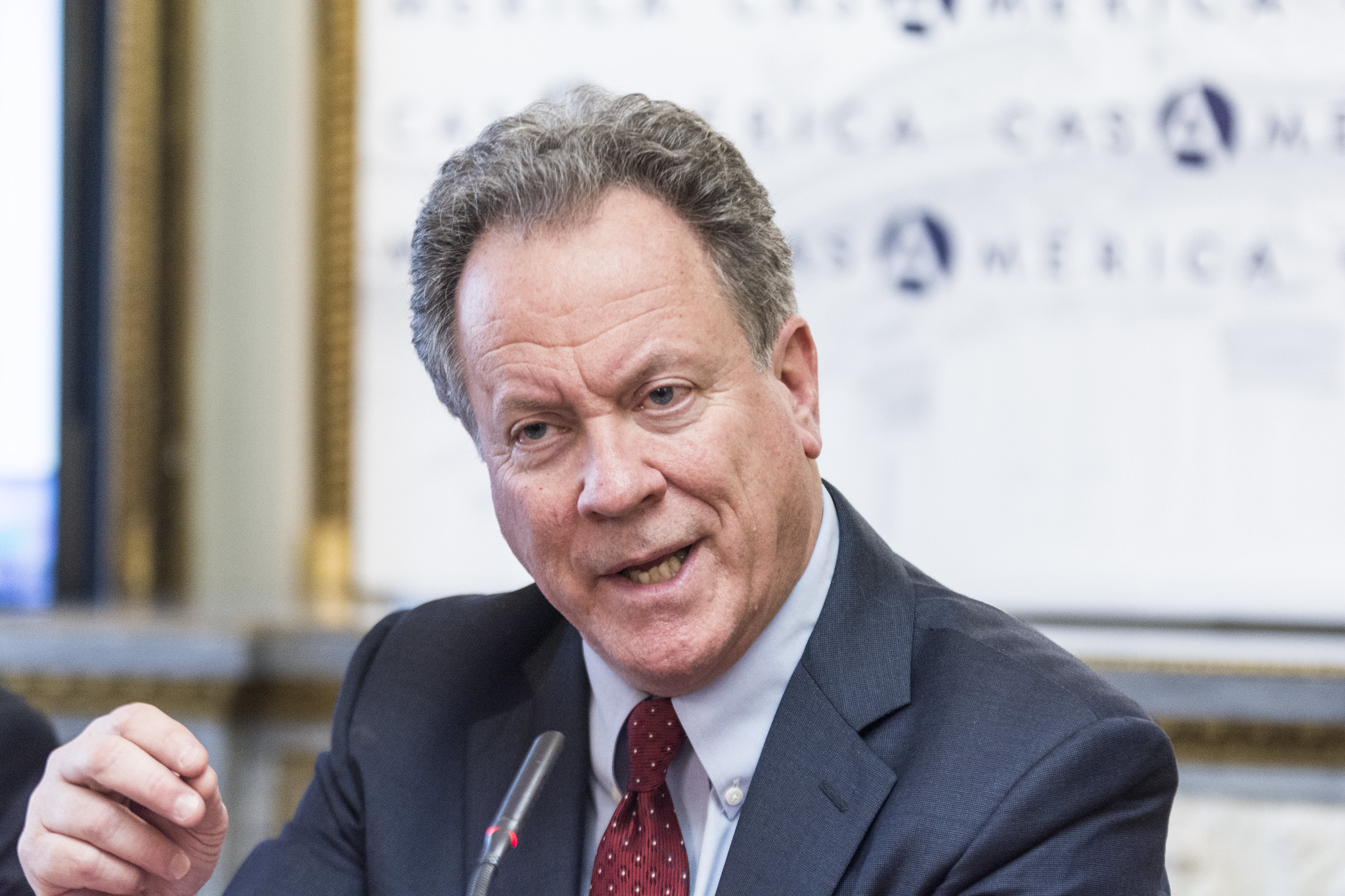
It is crucial to note the nuance in Beasley’s original statement and Musk’s response. Beasley had not claimed $6 billion would *end* world hunger entirely, but that it could *help solve* it by saving 42 million people from starvation. Beasley later clarified this point directly to Musk on Twitter.
“$6 billion wouldn’t end world hunger — but it could save millions from starvation,” Beasley tweeted in reply to Musk. He reiterated the critical nature of the situation, stating, “This is a one-time donation to save 42 million lives during this unprecedented hunger crisis. The world is on fire.”
The WFP accepted Musk’s challenge to provide a plan. Just three days after Musk’s initial tweet, on November 15, 2021, the WFP published a detailed spending plan. This plan outlined how $6.6 billion could be used to provide food assistance to 42 million people in 43 countries facing the most severe risk.
The WFP’s proposal provided specific figures for resource allocation. It included $3.5 billion earmarked for food procurement and delivery, ensuring that necessary supplies could be acquired and transported to those in need. Another $2 billion was designated for cash and food vouchers, offering flexibility and supporting local economies where possible.
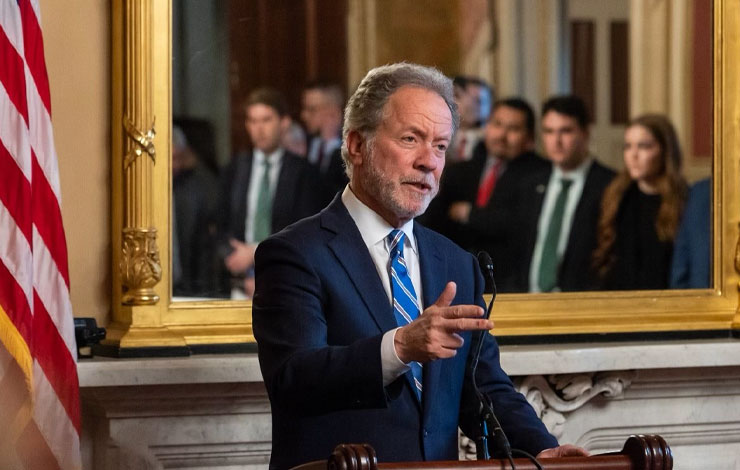
The plan also allocated $700 million to develop country-specific programs tailored to the unique needs and challenges of different regions. Finally, $400 million was budgeted for administration, oversight, and logistics, covering the essential operational costs required to manage such a large-scale humanitarian effort effectively.
Beasley publicly shared the plan, tweeting the link directly to Musk and explicitly referencing the conditions Musk had set. “You asked for a clear plan & open books. Here it is!” Beasley’s tweet read, signaling that the WFP had met the requirements of Musk’s challenge.
Despite the WFP providing this detailed, publicly accessible plan, Elon Musk did not publicly reply or engage further on the matter. The interaction, which began on Twitter, did not see Musk continue the conversation or acknowledge the plan within the same public thread where his original challenge was issued.
Related posts:
Musk Pledged $6B to Solve World Hunger But Gave It to His Own Foundation Instead
A one-time $6 billion donation from Musk, Bezos, and other billionaires could save 42 million people from starvation, World Food Programme director says
Elon Musk Said He’d Give $6 Billion to End World Hunger If the UN Could Explain How — They Did, But He Didn’t Give Them a Dime

